iPhone 11 sizes: is 64GB, 128GB, 256GB or 512GB right for you, and how much does each cost?
Avoid getting more than you need
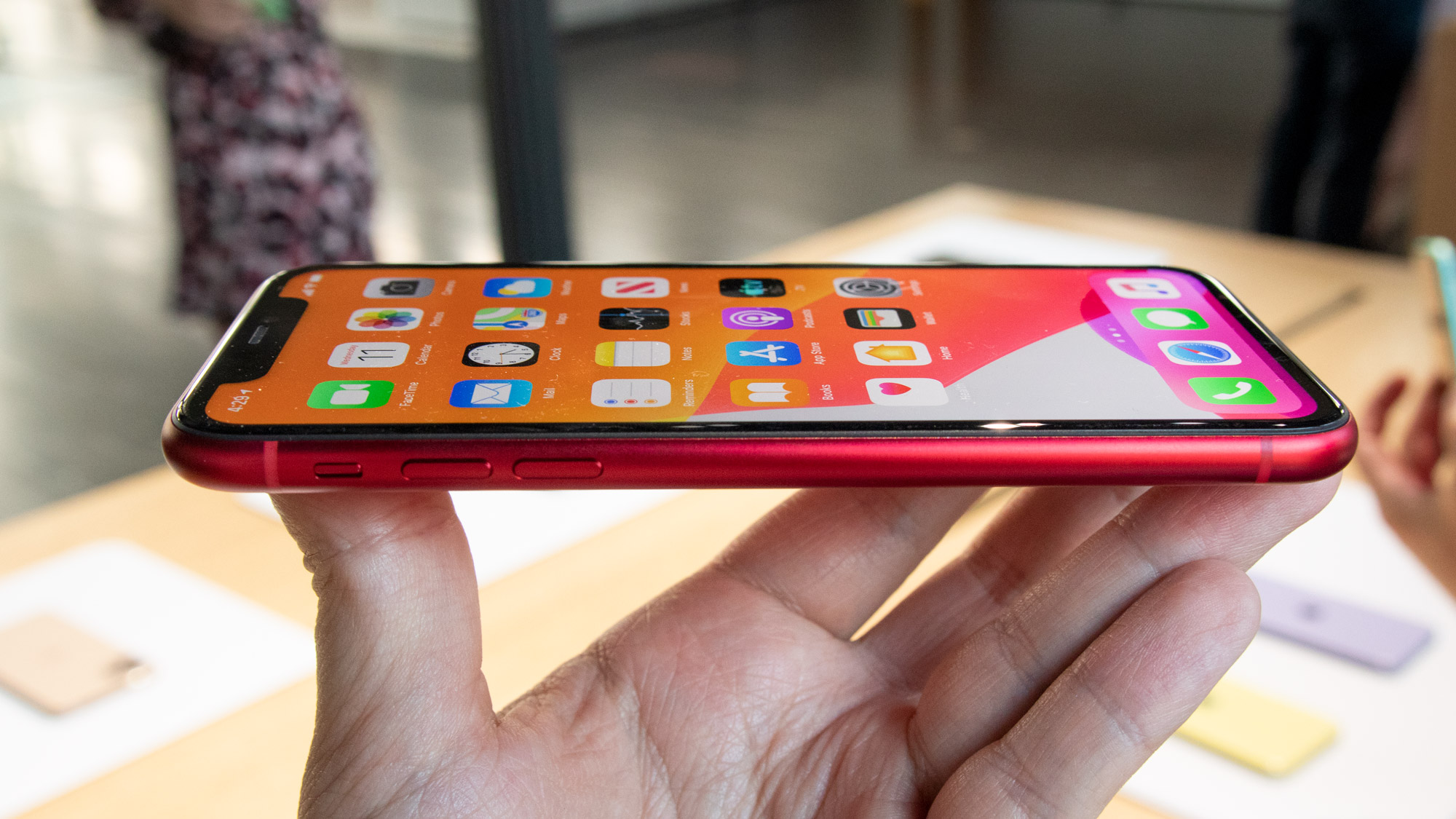
Apple's new iPhone 11 and iPhone 11 Pro are here, and they're going to confront you with plenty of vexing choices. You'll have to decide which iPhone you want and pick the color you prefer. And then, you still have to choose which iPhone 11 storage size is right for you.
Depending on which iPhone 11 version you get, you'll get different storage options, which can have a significant impact on the price of the phone. Here's a quick overview of which options are available:
- iPhone 11 64GB - $699, £729, AU$1,199
- iPhone 11 128GB - $749, £779, AU$1,279
- iPhone 11 256GB - $849, £879, AU$1,449
- iPhone 11 Pro 64GB - from $999. £1,049, AU$1,749
- iPhone 11 Pro 256GB - from $1,149, £1,199, AU$1,999
- iPhone 11 Pro 512GB - from $1,349, £1,399, AU$2,349
The iPhone 11 Pro Max is available with the same storage capacities as the as the iPhone 11 Pro, but it has a higher starting price, and each increase in storage raises its price accordingly.
Now, with the storage sizes in front of you, it's time to figure out which is right for you. Here's our advice.
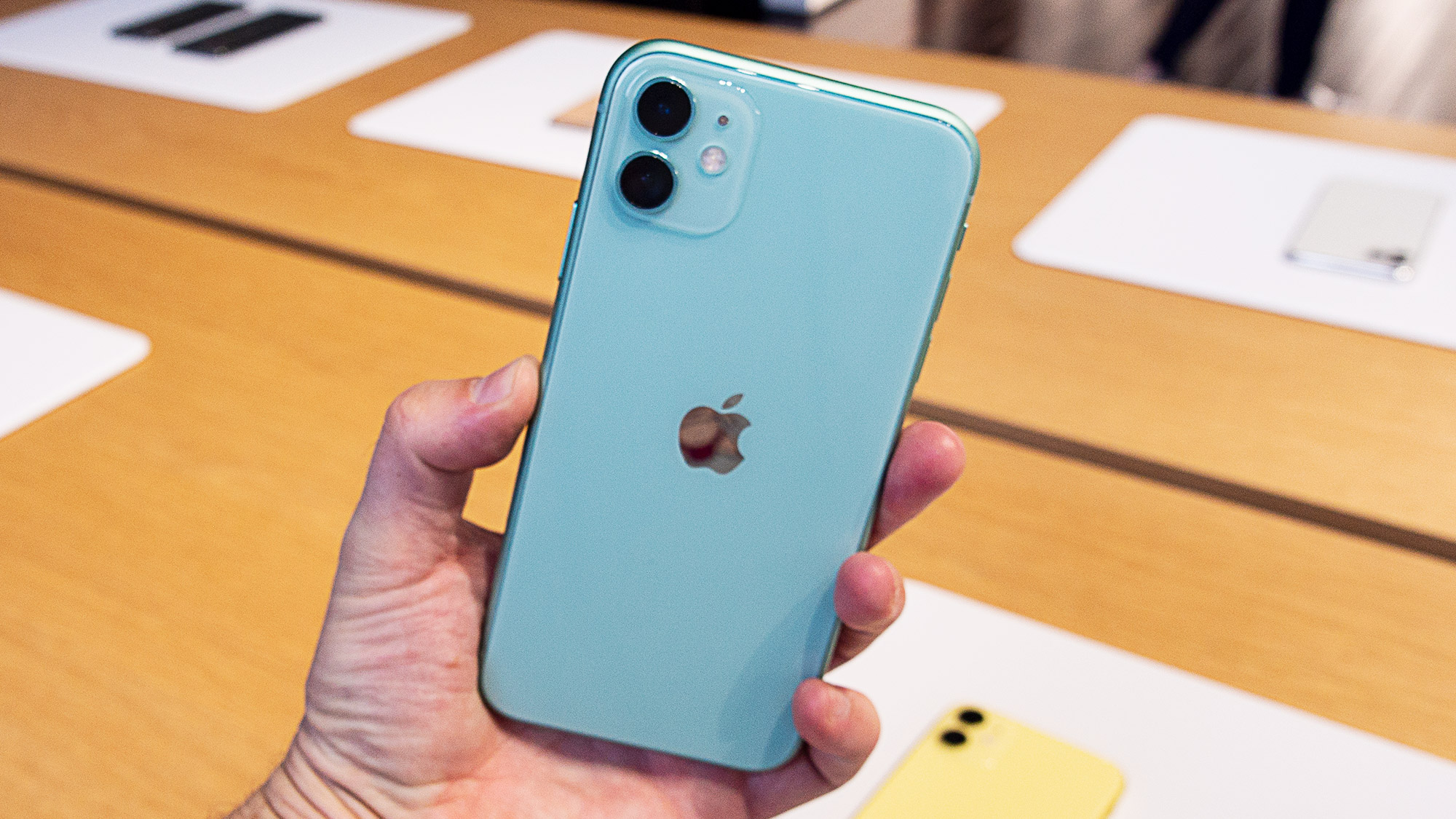
iPhone 11 64GB: is it enough?
Everyone is going to start out looking at the 64GB model, whether you want the iPhone 11 or iPhone 11 Pro. It's the base size at either phone's base price. While it may be enough for some very light smartphone users, we don't think it's going to be quite enough for many people, especially iPhone 11 Pro users.
There are users who won't be too bothered by the smallest option. If you have a handful of core apps you always use and only occasionally shoot photos and video, or if you regularly offload content from your phone to the cloud or a backup device, and if you mostly stream music and videos - then you can likely get away with the 64GB model.
But, if you tend to record a lot of video (which the iPhone 11 Pro cameras will surely encourage), you'll likely find 64GB option falls short of your needs. Just a few minutes of 4K video can add up to gigabytes of storage, and the Pro model's ability to record from multiple cameras at the same time will mean even bigger files. 64GB isn't going to be enough to keep up with that rate of regular recording.
Sign up for breaking news, reviews, opinion, top tech deals, and more.
Even if you plan to only occasionally use the cameras and video recording capabilities, the combination of media files, apps, locally installed games, and any downloaded Netflix content is going to add up quickly. You probably won't regret jumping to a larger storage level when you see how quickly you use up 64GB.
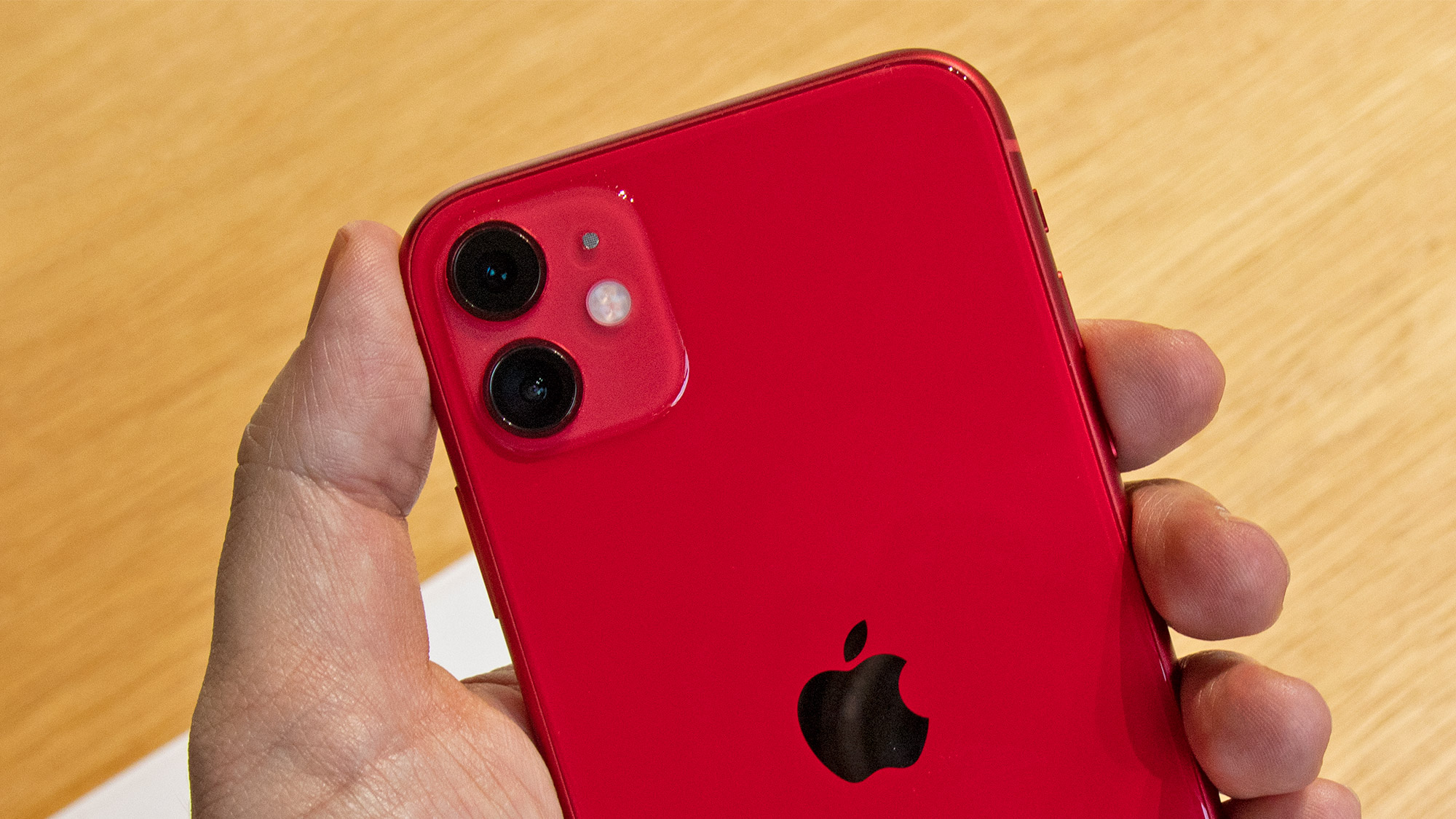
iPhone 11 128GB: a worthwhile upgrade?
The 128GB model is only available for the 'budget flagship' iPhone 11 - the iPhone 11 Pro models only get the bumped up (256GB, 512GB) options. But, the 128GB size is likely going to be the sweet spot for the iPhone 11, especially because it's such a small increase in price from the 64GB model. It's just $50 (£50, AU$70) more than the base model, but doubles the storage capacity.
With 128GB, you'll be able to take plenty of photos, and you can get a decent amount of video as well. And, that'll still leave you room to download apps, games, and keep a regularly rotating queue of downloaded videos stored on your phone.
If you plan to take a lot of video, then you'll definitely want at least 128GB, but it may still not be quite enough. You'll either want to make sure you're regularly backing up your old footage and clearing it off the phone, or you should consider jumping up to the next larger size.
If you don't like backing up your phone or relying on the cloud, and you don't plan to jump to the next iPhone in a year or two, then this may also be a bad choice. While it's not hard to stretch 128GB, you have to be judicious with what you keep on your device. And, if you like to keep a lot on it, and accumulate even more large video files and photos, you may find yourself hitting that 128GB cap before you're ready to upgrade to a future iPhone.
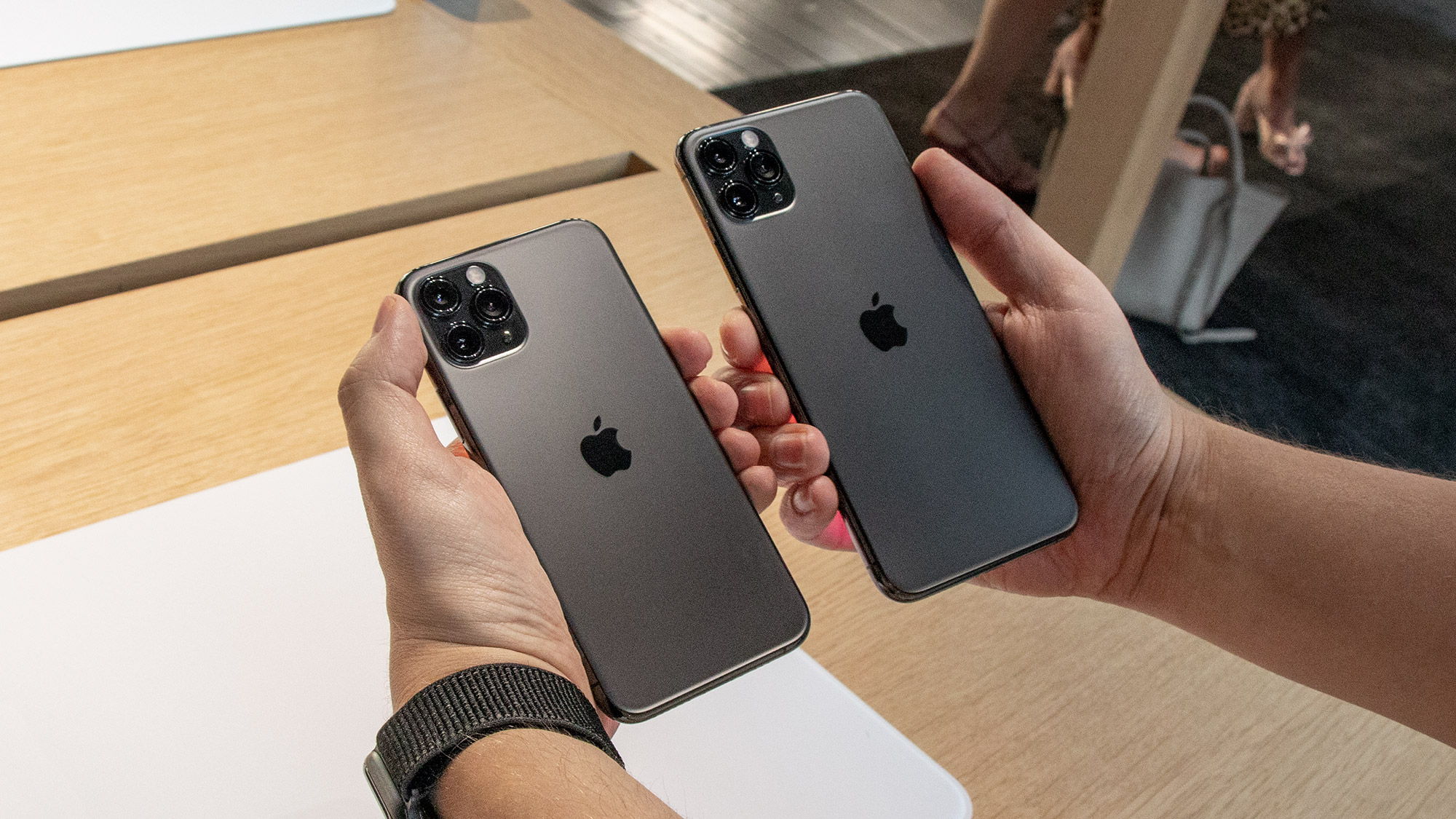
iPhone 11 256GB: is this the perfect size?
The 256GB storage capacity is available for both the Pro and non-Pro version of the iPhone, and it's probably going to be a strong option for a lot of users. Heavy iPhone 11 users may want to go with the 256GB size if they plan on storing a lot on their phone and capturing photos and videos on a daily basis.
For the iPhone 11 Pro, the 256GB model should almost be the default. With its three rear cameras and ability to record from all the cameras at once, it'll be able to use up a serious chunk of storage in no time. 64GB just wouldn't be enough for the Pro unless you don't take advantage of the cameras, and then you might as well go with the standard iPhone 11.
If you really don't use the cameras for video, you may not want to pay the extra cash to jump up to the 256GB model. Smaller capacities should be decent for keeping up with still photography, and downloaded Netflix shows don't take up all that much space if you regularly remove things you've already watched.
On the other hand, if you are going to be aggressively recording video, 256GB might not be enough. If you try to produce lots of professional video like the kind shown off in Apple's iPhone 11 event, you'll likely be looking at two options: upgrading to 512GB or regularly offloading video from your phone.
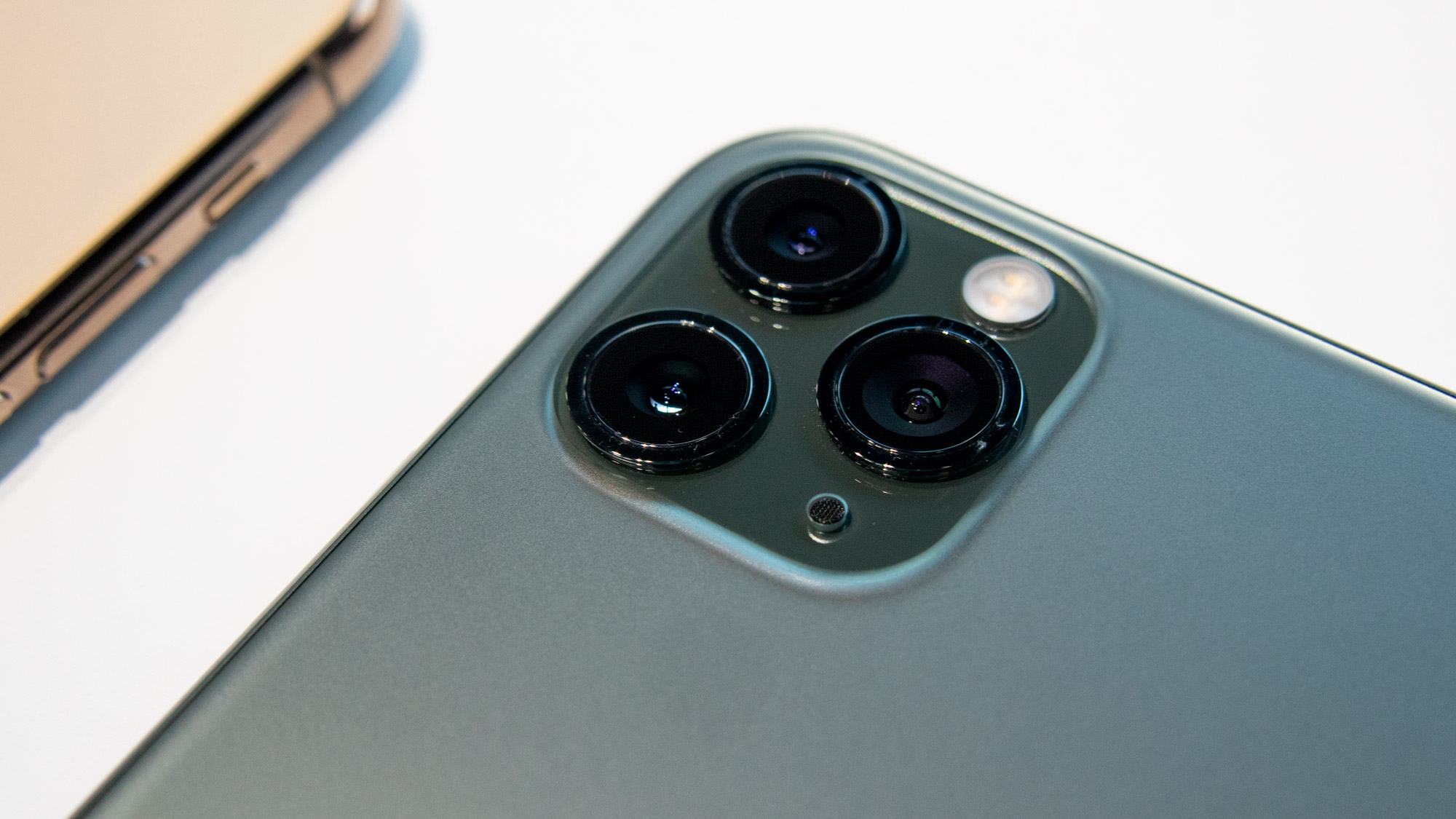
iPhone 512GB: is this too much?
The 512GB option is only available for the iPhone 11 Pro, and it comes at a serious hike in price from the base model. Most people won't need this much storage, and that's especially true if you plan to upgrade to the iPhone 12 in a year.
512GB is more storage than a lot of laptops are coming with lately, and the storage Apple puts into its phones is far more expensive than the same capacity in an external drive. If you've had a 256GB iPhone in the past and you never filled that up, then you can probably safely safe your money and not jump up to 512GB.
That said, if you're relying less and less on computers and want to make the iPhone 11 Pro the center of your tech world, it might not be a bad idea to jump to 512GB. This will give you room to keep the photos and videos you shoot local. You can also keep a local music library and save money by cancelling music streaming plans.
This is extra handy if you travel a lot as well, as you can load your phone up with downloaded videos from your favorite streaming services to get you through the craziest multi-leg flights. And, you'll still have room on your device to document your journeys.
- See how the iPhone 11 and iPhone 11 Pro stack up in our best Apple phone list

Over the last several years, Mark has been tasked as a writer, an editor, and a manager, interacting with published content from all angles. He is intimately familiar with the editorial process from the inception of an article idea, through the iterative process, past publishing, and down the road into performance analysis.